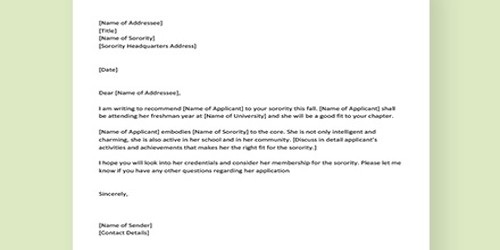College students who do not manage their time well may experience sleep deprivation. With a hefty workload, assignments, exams, social activities, and sometimes part-time employment, college life may be difficult. According to research conducted at The University of Alabama, a lack of time management skills, particularly in organization, can lead to poor sleep quality among college students.
Dr. Adam Knowlden, associate professor of health science in the UA College of Human Environmental Sciences, studied time management and how it affects sleep health in full-time college students in the areas of goal setting and prioritization, time management mechanics, and organizational preference.
“College students tend to deal with lifestyle-related sleep problems,” said Knowlden. “For example, balancing academic and social obligations can be challenging for college students. Stress and anxiety also impact college students and we know that stress can impact the sleep quality college students receive by causing insomnia.”
College students tend to deal with lifestyle-related sleep problems. For example, balancing academic and social obligations can be challenging for college students. Stress and anxiety also impact college students and we know that stress can impact the sleep quality college students receive by causing insomnia.
Dr. Adam Knowlden
According to Knowlden, more than 65% of college students have poor sleep quality.
The study, which was just published in the American Journal of Health Education, discovered that the three time management aspects had a substantial influence on the overall sleep quality of college students. According to Knowlden, time management accounted for around 20% of the sleep quality outcomes studied.
“Having a preference for organization was the most important factor influencing sleep quality,” Knowlden said. “This suggests that people who prioritize and maintain an organized environment have better sleep quality.”

Knowlden, who has also conducted sleep health studies related to body composition and stress, says time management strategies should be learned and implemented prior to the start of the school year.
“We know that there is a tradition of college students staying up late, sometimes an entire 24 hours, to study or cram for exams,” said Knowlden. “This is a tell-tale sign of the need for more focus on time management.
“However, no study has looked specifically at time management to determine how much influence it has on college students’ sleep until now.” We thought it was important to look into this because time management is something that college students can focus on improving.”
Knowlden suggests scheduling eight to nine hours of sleep as the most important appointment of the day.
“We know that learning occurs during sleep,” Knowlden explained. “Consider your mind to be a computer. When we sleep, our brain purges unnecessary information while retaining necessary knowledge. This is why adolescents who emphasize sleep perform better in school.”
















